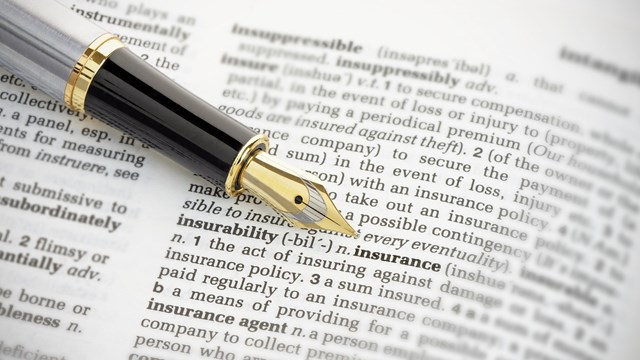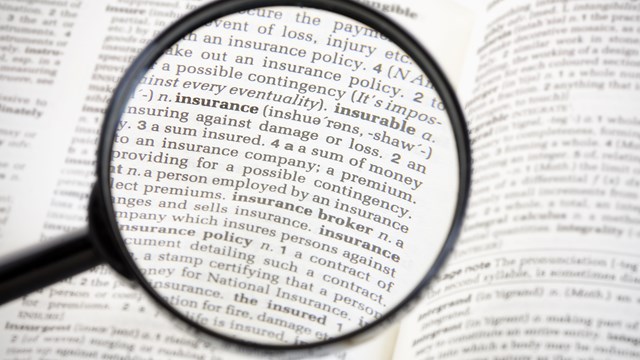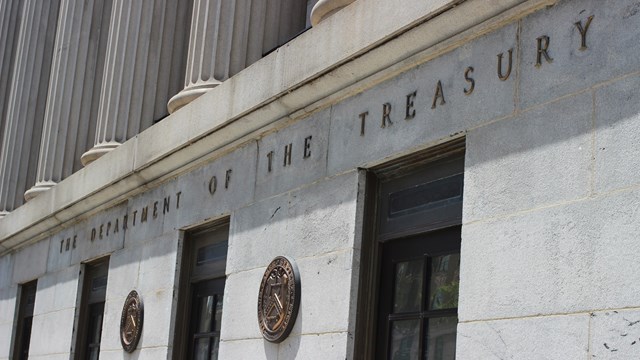
You’ve just been elected to your condo board of trustees. On the one hand, you’re honored. A few neighbors have offered a congratulatory handshake, and now you’re in the mood to pop the bubbly. On the other, there’s a sense of hesitation. You’ve placed your trust in your fellow board members, some of whom have served for a while. They know how to conduct association business procedurally and understand the legal ramifications when problems arise…right?
More often than not, yes. Nevertheless, it’s easy to make mistakes relative to the law, owing to the fact that seemingly minor oversights can turn into major problems. Yet with proper attention to detail and a thorough understanding of potential issues, condo boards can indeed avoid legal blunders—and the fines and lawsuits that go along with them.
As with many areas in life, it’s wise to glean valuable lessons from the (unfortunate) missteps of others. Knowing what mistakes boards sometimes make and what those mistakes signify in terms of consequences is one way to take precautions against faulty decision-making.
Mistake No. 1
Attorney Frank Lombardi, a partner at the law firm of Goodman, Shapiro & Lombardi, LLC in Rhode Island, identifies three areas in which boards are commonly prone to error. “First, fining owners for covenant breaches and rules violations without having hearings. Second would be a failure to follow the condo documents. For instance,” he says, “a two-thirds majority vote is disregarded sometimes, and boards will go with just a simple majority on an issue where two thirds is required.” Determining budgetary matters is an example of where there might be a majority-vote shortcut, he notes. “Third is the method of election. Boards sometimes ignore the correct nomination process, which puts the validity of elections in question.”
Attorneys Charlie Perkins and Diane Rubin both echo Lombardi’s point on following documentation. Perkins, who is a senior partner at the law firm of Perkins & Anctil in Westford, Massachusetts, says he has seen many boards that don’t have a sufficient understanding of the condo documents. And here’s where the seemingly minor oversights come in, because condo boards need to know the rules for “everything from parking, pools, and pets to how they’re administratively required to run a meeting.”
Association rules are the basis for governing the association. (That being said, it’s worth mentioning that if there’s a conflict between condo rules and state or federal legislation, the latter two supersede the condo rules.) In most cases, though, condo rules dictate how things are done, particularly for association-specific matters.
Studying those dense condo docs, as challenging as they may be to read, is therefore a board member must. Mistakes happen, Rubin contends, when boards don’t read their own documents—particularly when there are votes and changes to the rules. Rubin, a partner at the law firm of Prince Lobel Tye in Boston, says that boards must be mindful of following rules “very carefully instead of generally.” Elections are one area in which this is important. “If you’re not really careful and there’s a challenge, especially with elections, you can end up with a big mess.”
Poorly-made property decisions are also a common, but easily avoidable, mistake. If a board were to sign a one-page proposal from a contractor, Perkins explains, that wouldn’t be advisable. It may well open them up to possible legal issues down the road. “That doesn’t make sense if someone is hired to do a $100,000 roof job—you’d need much more detail.”
Act In Good Faith
One key distinction boards need to be aware of is the legal difference between decisions made in good faith (with honestly and fairness) and those made in bad faith (involving fraudulence or deception). This is important because even decisions made in good faith can results in lawsuits or fines.
There are two layers to this, explains Perkins, and it comes down to this: What is and is not upheld by a court. Lombardi adds that a Rhode Island statute requires all board members to act in good faith. “Good faith and due diligence may not prevent a lawsuit,” he says, “but the courts may well uphold a board’s decision under these circumstances.”
“Having the decision made in good faith is one of the best shields both for the decision and for liability,” says Perkins. Needless to say, honesty really is the best (and least expensive) policy for all those involved. “In cases of bad-faith decisions, the court might not uphold and members may be exposing themselves to personal liability.” Furthermore, malfeasance doesn’t apply.
Conflicts of interest are the area in which Rubin has seen the greatest number of bad faith allegations. “In other words, this often happens when a board member has a personal interest and it’s not disclosed to the whole board,” she says.
Bad-faith decisions can also occur if boards do the exact opposite of what their attorney says to do, says Lombardi, who has “seen courts impose sanctions that insurance may not cover, and board members may lose the right to indemnification if it rises to the level of fraud.” By contrast, according to the business judgment rule, boards that act in good faith and rely on professional advice are granted broad discretion and have the right of indemnification. This means that board members and trustees do not incur personal losses as a result of their role on the board.
Cover Your Board
Indemnification is, in fact, the cornerstone of protection for board members. Perkins, Lombardi, and Rubin all emphasize the importance of obtaining (and keeping up) directors and officers liability insurance (D&O), which protects members from claims held against the board when decisions are made in good faith. All board members should be listed on the policy. D&O is not specific to condos; most large corporations have it as well. The insurance will pay (or reimburse) the costs that the board is obligated to pay as a result of a breach of duty, neglect, error, misstatement, or omission committed by the board.
“A board would be well-advised to spend the money for directors and officers insurance, even for small associations where it’s not required,” says Rubin. “In a small association, if you don’t have the insurance, the indemnification will be borne [by the individuals]. There shouldn’t ever be personal liability.”
Some associations may not have the money to indemnify, Lombardi points out. This is an unenviable position: Not having D&O poses a tremendous risk to the trustees and the board members from a liability standpoint. If there’s a lawsuit, board members will be responsible for hiring lawyers—and it will come out of their own pockets.
D&O is clearly the strongest form of protection board members and trustees can have once mistakes have been made. But getting back to those common mistakes mentioned earlier: What else can a condo board do to avoid those and other expensive legal mistakes?
Ask for Help
Get professional help. “It’s inherent that the more professionals you use to make decisions, the more protection you have,” says Perkins. To illustrate, he elaborates on the roof project cited earlier—the one in which signing off on a single-page proposal from the contractor wouldn’t be advisable. When undertaking a project of this scope, it’s imperative to get a “good team to help you with the process.” He suggests that in addition to the roofing contractor, boards get input from an engineer to assess and talk to a clerk of the works. Also, be sure that the condominium management company is on board with payment schedules. Having a lawyer review the contract is a good idea, too.
Lombardi also endorses the idea of drawing on the knowledge of professionals—not only for specific projects, but as a general rule of thumb. People comprising condo boards “are often volunteers, but even their combined expertise is not enough to avoid mistakes.” He recommends consulting with an attorney if an issue arises relative to condo rules and the interpretation of those rules. (Of course, this depends on the composition of the board, some of whom do, of course, have attorneys). Designating one board member to do so streamlines communication between the lawyer and the board.
There may also be times, Lombardi says, when talking to an insurance agent or property manager is necessary as well. “The biggest way to avoid legal mistakes is to operate your association defensively—it’s like driving defensively.” This is a concept with which New Englanders are well acquainted, naturally, and the comparison is apt: “Try to see around corners. Be mindful of the steps.”
Finally, another means of avoiding expensive legal mistakes—and achieving board success with decision-making—is perhaps the most fundamental approach of all: good communication. “It makes sense to talk things through as a board,” Rubin says. She advises boards to be deliberate and to refrain from making hasty decisions. This, too, goes hand-in-hand with soliciting professional advice. “Understand all sides of a problem. That way you can steer clear of decisions based on assumptions when additional expert opinions might help avoid the problem.”
When all is said and done, perhaps Lombardi’s succinct advice to condo boards sums it up best: “Don’t run it like a corner lemonade stand.”
Jodie Lynn Boduch is a Massachusetts-based freelance writer and a contributor to New England Condominium.






2 Comments
Leave a Comment